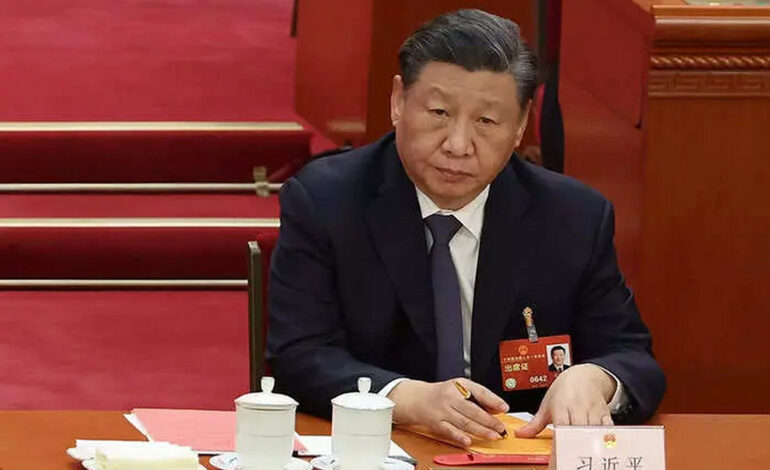China’s Strategies Against US Tech Companies

China’s ongoing efforts to impact US companies are evident in recent moves targeting American tech giants. Let’s delve into the latest developments shaping this economic landscape.
The New Directive: A Blow to US Chipmakers
Reports reveal that China’s Ministry of Industry and Information Technology is urging domestic electric-vehicle manufacturers to increase spending with local chipmakers, signaling a shift away from US-based suppliers. This directive aligns with China’s nationalist agenda, emphasizing self-reliance over dependence on American technology.
Impact on US Businesses

The directive poses a significant challenge to US companies like Apple and Tesla. Apple’s iPhone sales have already been hit, experiencing a 24% decline due to competition from Chinese alternatives. Tesla faces similar pressures as it vies for market share against local electric-vehicle makers offering competitive pricing.
Focus on Automotive Chips
China’s focus on reducing reliance on US chipmakers extends to its automotive industry. Modern vehicles heavily rely on advanced chips, often sourced from American companies. By encouraging local automakers to invest in domestic chipmakers, China creates barriers for US tech firms operating in this crucial market.
Ramifications for US Tech Giants

Companies like Apple and Nvidia, which generate substantial revenue from China, are likely to face challenges due to these developments. Nvidia, for instance, has acknowledged the negative impact of export restrictions imposed by the US last year, affecting its competitive position.
Reciprocal Measures and Political Dynamics
The US has also retaliated against China through export controls and legislative actions targeting Chinese-owned companies like TikTok. The recent US House bill threatens TikTok’s operations unless it divests from its Chinese parent company, ByteDance, within a specified timeframe.
Implications for Tech Firms
These reciprocal measures signal a broader economic and political struggle between the US and China. US tech firms, in particular, may encounter more challenges than anticipated, impacting their operations and growth strategies in the Chinese market.
As these dynamics evolve, both sides are poised to experience repercussions, highlighting the complexities of navigating international tech competition amidst geopolitical tensions.




